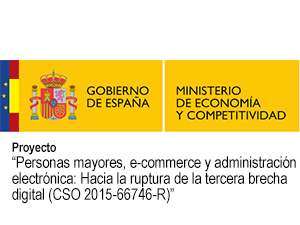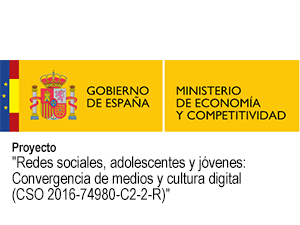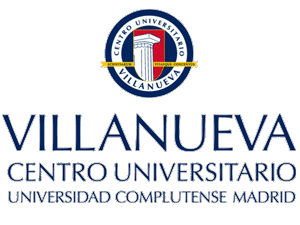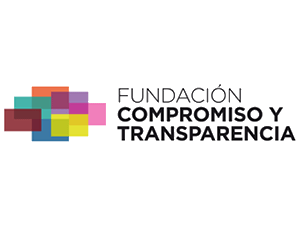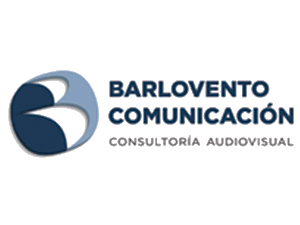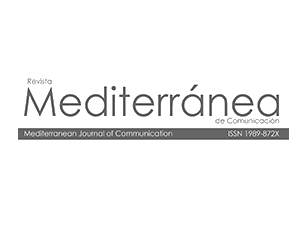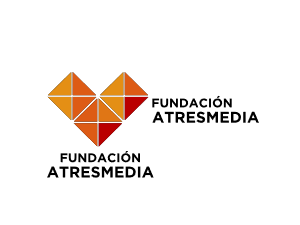Resumen
Este trabajo tiene como objetivo realizar una revisión sistemática del estado del término intercreatividad y sus distintas aplicaciones en el marco de la literatura científica. Se analizaron las características y contenidos de un total de 56 registros recogidos en las bases de datos Web of Science, Scopus, ERIC, Dialnet, Proquest, REDIB y DOAJ. No se aplicaron restricciones de búsqueda salvo que fueran artículos científicos, tesis doctorales, libros o ponencias en congresos y jornadas con la intención de obtener fuentes primarias de calidad científica. La concepción intercreativa conjugados significados estrechamente relacionados con el ámbito educativo y transformador: la interacción y la creación, cuya fusión da lugar a la aparición del nuevo concepto. El término propuesto por Tim Berners-Lee se define como el proceso mediante el cual hacemos, creamos o resolvemos problemas juntos en el ciberespacio. Este término surge gracias a la aparición de las Tecnologías de la Información y la Comunicación (TIC) como hecho disruptivo revolucionando nuestro contexto social y modificando la forma en la que nos relacionamos y nos comunicamos. De igual forma las TIC han posibilitado la aparición de acontecimientos virtuales y tradicionalmente relacionados con el entorno físico y analógico como es la comunicación en forma de diálogo, abierta y horizontal. En el marco de la cultura digital y participativa surge en 1999 el concepto de intercreatividad. Con un conocimiento teórico vago, el fenómeno intercreativo es citado en la actualidad por algunos autores. De igual manera el término intercreativo se apega fundamentalmente a constructos teóricos ya fundamentados, con trayectoria en el sector académico y en el campo investigador: inteligencia colectiva (Lévy, 2004), multitudes inteligentes (Rheingold, 2004) y creación colectiva (Casacuberta, 2003). La intercreatividad, o lo que es lo mismo la interacción, sociabilización o relaciones entre los iguales con el objetivo de colaborar o crear de manera conjunta en el contexto digital, es una de las claves para entender el aprendizaje como un proceso constante y reflexivogenerando un conocimiento común construido por todos y para todos. Asimismo, si entendemos la educación como una herramienta de transformación social y comprendiendo la creatividad como un instrumento para esa misma transformación, el término intercreatividad cobra mayor importancia. Los resultados del análisis ilustran una escasa investigación sobre el fenómeno intercreativo existiendo en la mayoría de los registros analizados una escueta mención al concepto sin un posterior desarrollo o ampliación del mismo. En la misma línea y aunque la mayoría de los registros analizados se enmarcan en el contexto de las Ciencias Sociales, mayoritariamente en el campo educativo o comunicativo, llama la atención la vinculación del concepto intercreatividad con otros campos del conocimiento como la Ingeniería o las Ciencias Económicas o Empresariales. Como conclusión, se propone un análisis en profundidad del concepto intercreatividad y de los procesos intercreativos con la intención de elaborar un marco de conocimiento lo suficientemente amplio y estable para el ejercicio investigador.
Palabras Clave / Cultura Digital / E-learning / Entornos digitales / Intercreatividad / Revisión sistemática
Abstract
The objective of this research is to carry out a systematic review of the state of the expression intercreativity and its different applications within the framework of the scientific literature. A total of 56 records were collected from databases such as: Web of Science, Scopus, ERIC, Dialnet, Proquest, REDIB and DOAJ. The simple was analyzed in order to explore their characteristics and contents. Search restrictions were not applied unless they were scientific articles, doctoral theses, books or congress papers with the intention of obtaining primary sources with scientific quality. The intercreative conception combines two close meanings related with education and transforming the environment: interaction and creation, the fusion of which gives way to the new concept. The term proposed by Tim Berners-Lee is defined as the process through which we make, create or solve problems together in cyberspace. This term arises thanks to the emergence of Information and Communication Technologies (ICT) as a disruptive event revolutionizing our social context and modifying the way in which we relate and communicate. In the same way, ICTs have made possible the appearance of virtual events, traditionally related to the physical and analogical environment such as communication in the form of dialogue, open and horizontal. In the framework of digital and participatory culture, the concept of intercreativity emerged in 1999. With a vague theoretical knowledge, the intercreative phenomenon is currently cited by some authors. At the same time, it adheres fundamentally to already founded theoretical constructs, with trajectory throughout the academic sector and in the research field: collective intelligence (Lévy, 2004), intelligent multitudes ( Rheingold, 2004) and collective creation (Casacuberta, 2003). The intercreativity, or what is the same the interaction, socialization or relations between equals with the aim of collaborating or creating jointly in the digital context, is one of the keys to understand learning as a constant and reflective process generating a common knowledge built by all and for all. Likewise, if we understand education as a tool of social transformation and understanding creativity as an instrument for that same transformation, the term intercreativity becomes more important. The results of the analysis illustrate a scarce investigation on the intercreative phenomenon, existing in the majority of the analyzed records a brief mention to the concept without a later development or extension of the same. In the same vein and although most of the records analyzed are framed in the context of Social Sciences, mostly in the educational or communicative field, the link between the concept of intercreativity and other fields of knowledge such as Engineering, Economic Sciences or Business. In conclusion, and in-depth analysis of the concept of intercreativity and intercreative processes is proposed, with the intention of elaborating a sufficiently broad and stable knowledge framework for the research exercise.
Keywords / Digital culture / E-learning / Intercreativity / Systematic review / Virtual environments
FIRMANTES
| Nombre | Adscripción | Procedencia |
|---|---|---|
| Julia Mañero Contreras | Universidad de Sevilla | Sevilla |






